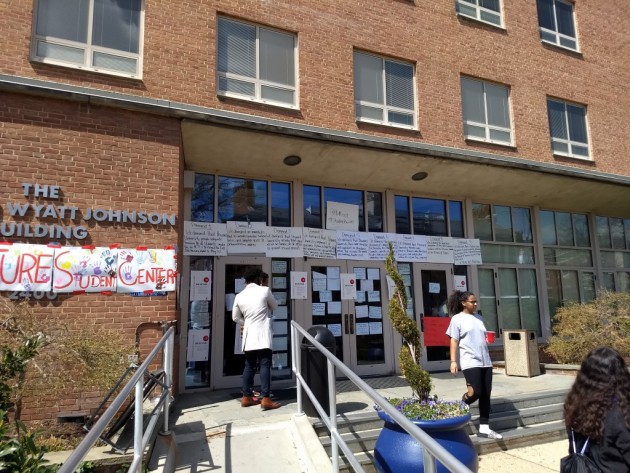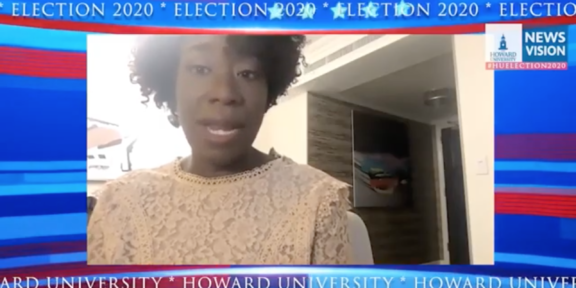On Martin Luther King Day, outgoing Secretary of State Colin Powell accepted a John Thompson “Legacy of a Dream” Award from Georgetown University. Powell used his acceptance speech to make comments about the civil rights movement, a topic he rarely broaches publicly.
In the speech, Powell compared the civil rights movement to a second civil war and said he admired King because “he held a mirror up to America, and said, ‘look at the Founding Documents. If you believe in them, you have to change."
The awards presentation, held at the Kennedy Center in Washington, D.C., was part of the university’s annual “Let Freedom Ring” King Day celebration.
Despite his right wing leanings, and the fact that he works for one of the most conservative administrations in recent history, Powell has always enjoyed a level of respect within the Black community.
“I’ve always had a high opinion of [Powell] because he has the highest position in government [that] any Black man has ever held and it may be a while before it happens again,” Lou Brown, a senior management major at Howard University in Washington, D.C., said. “I never saw him as an Uncle Tom because he never tried to use being Black as an excuse. He never wanted to have it mentioned and be held to lower standards, which I can respect.”
Some have said it was fitting that Powell chose a King Day celebration to open up about civil rights. For instance, QuaSheba Jones, a senior mass media arts major at Clark Atlanta University in Atlanta, Ga., said that she was glad Powell said what he said, though she was unsure of his intentions given his track record of avoiding the subject.
“It’s hard to judge what someone is feeling by what they say or don’t say,” Jones said. “Working for the administration he’s working for, he could very well feel that way, but feel like he has to play the system, or it may have been that he finally had an opportunity to express how he really feels. I don’t see how any African-American could not appreciate what King did, so based on that alone, I’d say he was sincere.”
Brown said that he agreed. He said that though Powell rarely talks about the subject, he does not believe that he is anti-civil rights.
“Just because he never talked about it before doesn’t mean he wasn’t affected,” he said. “Although he was on the other side of the world, he was still affected [by the movement]. His family was still here and facing it everyday in the south.”
As with most political figures’ actions, Powell’s comments did not draw universal praise. Everyone was not moved by his speech.
“It sounds like he was just saying it because he was at a King event,” Keia Sledge, a junior business management major at Georgia State University in Atlanta, Ga., said. “It doesn’t seem like he meant it. That just seems like something he may have heard someone else say. How can you make a comment like that about something you didn’t witness first hand?”
Others took Powell’s comments with a grain of salt, mindful of the political game he must play with all eyes on him.
“Whenever I see African-American figureheads that are supposed to represent the race, I always feel like they have a lot on their shoulders,” Jones said. “I try not to hold them to such high standards and scrutinize them like that. I think he’s doing the best that he can. I’ve always respected him and I still do.”


